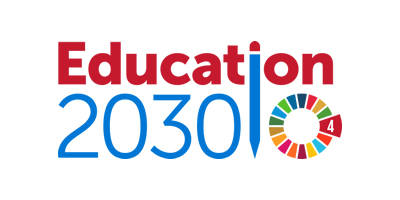« Audrey Azoulay of France appointed Director-General of UNESCO | Main | ‘Discrimination against one is discrimination against all,’ says UNESCO on Day for Tolerance »
November 16, 2017
UNESCO Member States approve continuation of preparation of UNESCO’s Global Convention on Recognition of Higher Education Qualifications


Photo: University student attending commencement (convocation). Image Credit: Southwestern Adventist University.

Photo: Manos Antoninis, Director of the Global Education Monitoring Report of the United Nations Educational Scientific and Cultural Organization (UNESCO), briefs journalists on the global launch of UNESCO’s flagship annual education report. 26 October 2017. United Nations, New York. UN Photo/Kim Haughton.
Paris, France, 14 November 2017 — UNESCO Member States today approved continuation of the preparation of UNESCO’s Global Convention on the Recognition of Higher Education Qualifications.
• The Convention would provide a global framework of universal principles and rules for the recognition of higher education titles, degrees, diplomas, and certificates.
The General Conference reaffirmed that the global convention will enhance international cooperation in higher education and will be a significant step forward towards global academic mobility and trust in higher education systems.
The Convention will be a major step forward for the rights of students to have their higher education qualifications assessed in a fair, transparent, and non-discriminatory manner by national competent authorities. It will also strengthen cooperation in higher education among member states and enhance trust in higher education systems by ensuring quality in education in line with the Sustainable Development Goals.
Since its creation, UNESCO has served as a global platform for discussion on the recognition of higher education qualifications and the promotion of academic mobility.
Global academic mobility is sharply on the increase with the overall population of mobile students doubling since 2002. Today more than 4 million students study outside their home country and it is estimated that by 2020 around 8 million students will be studying abroad.
This significant growth in mobile tertiary students calls for a global regulatory framework for the recognition of higher education qualifications. This framework will reduce the obstacles faced by students, teachers, researchers and job-seekers within and outside their countries of origin.
|GlobalGiants.Com|







Edited & Posted by the Editor | 1:12 AM | Link to this Post







